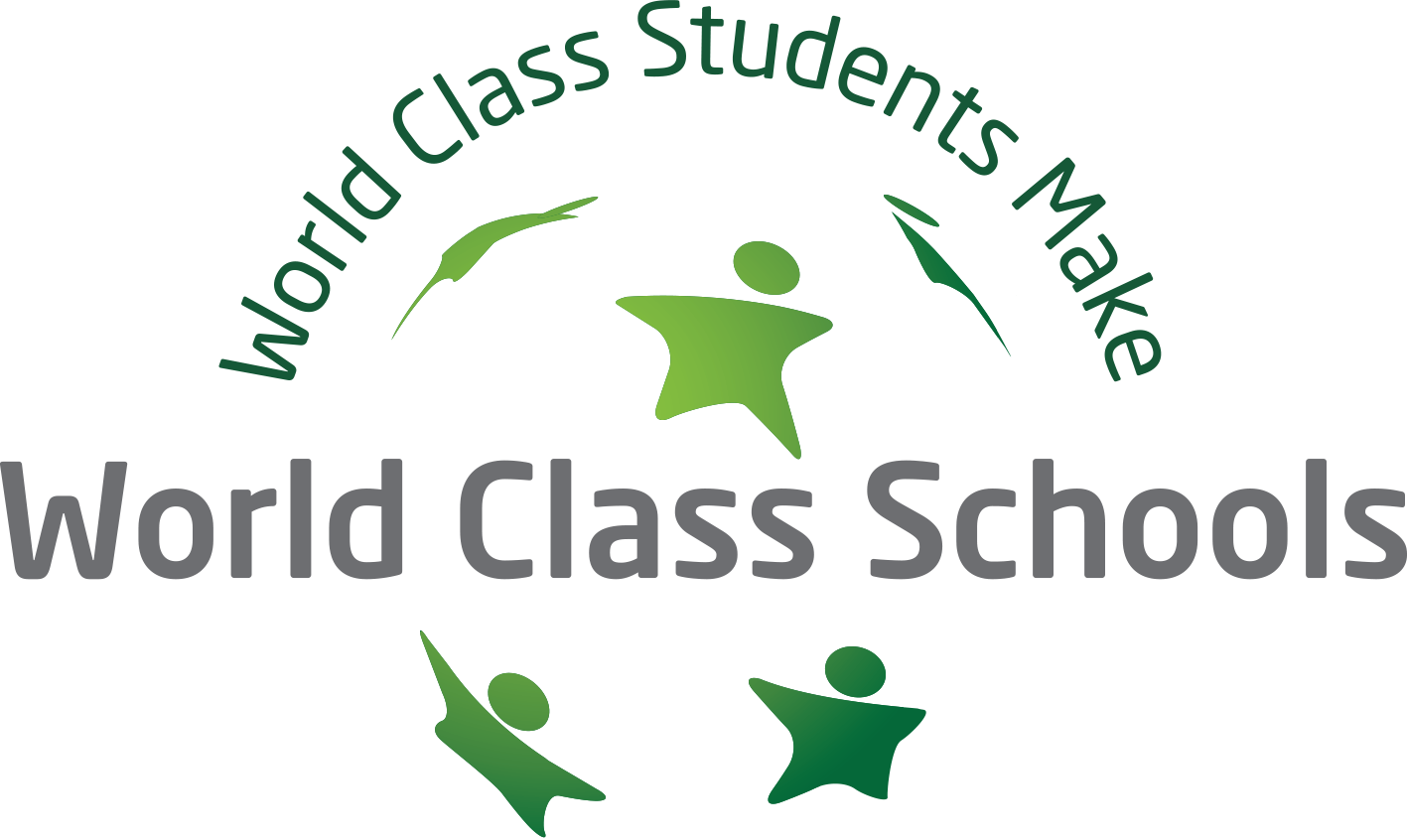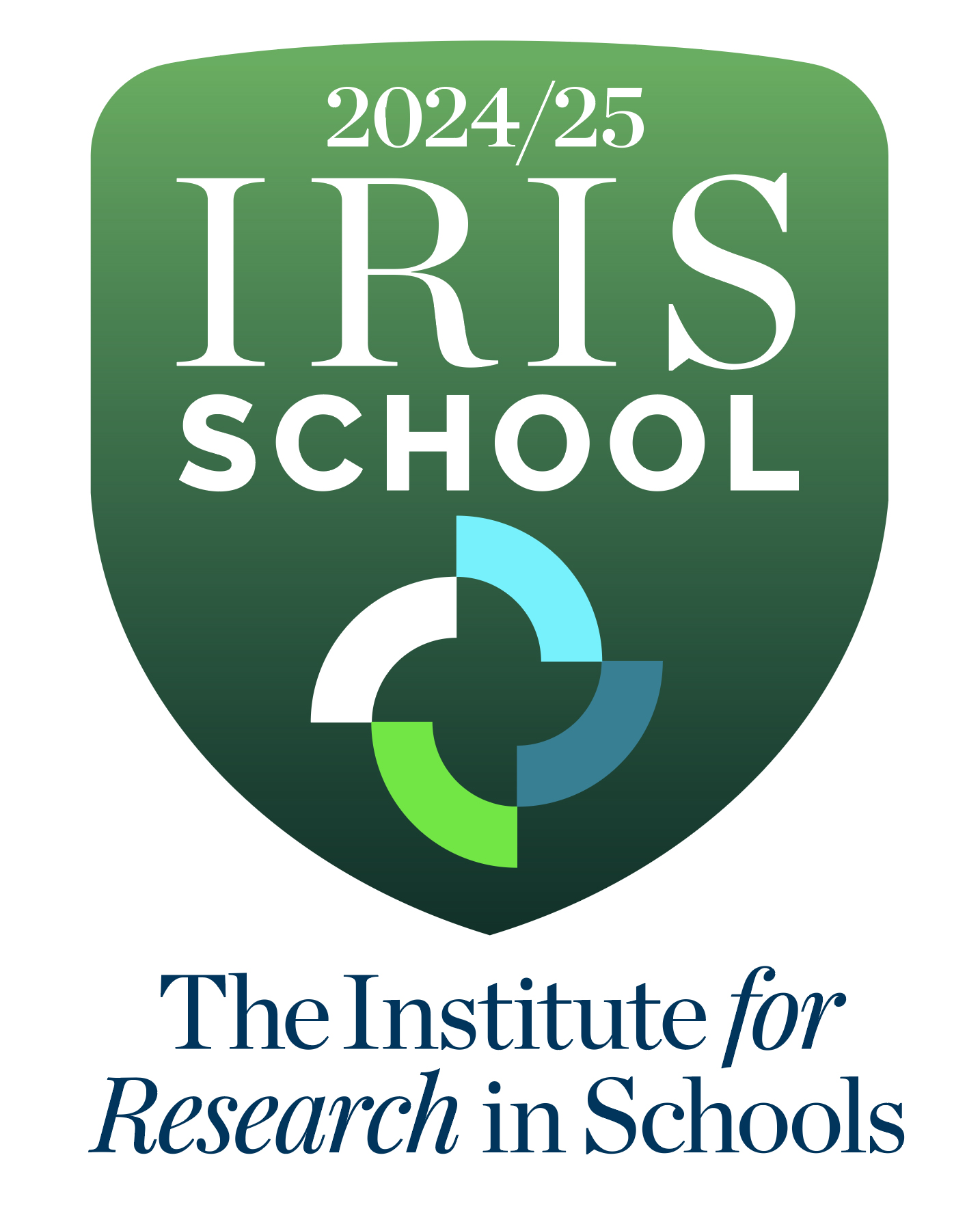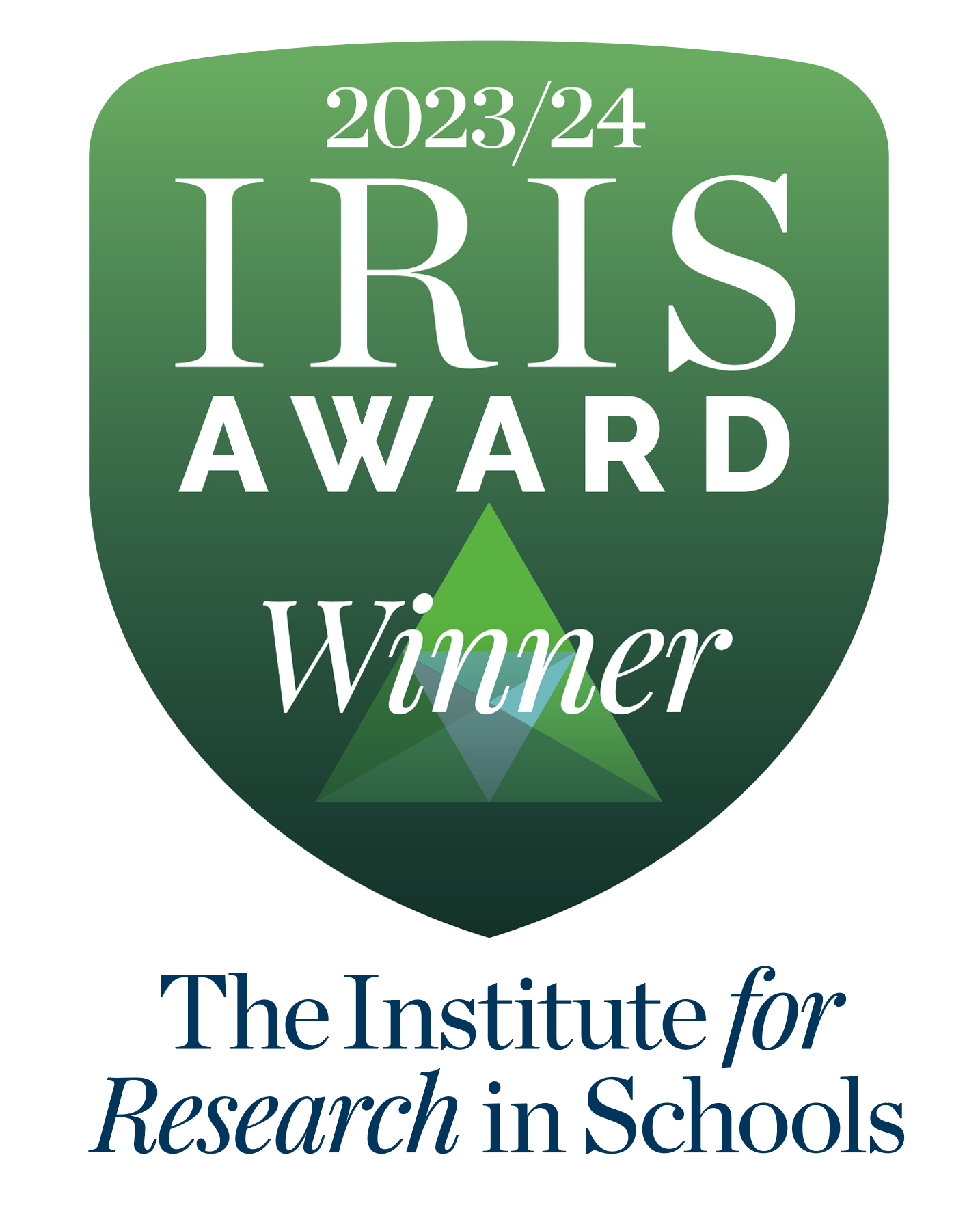Science
What is Science for?
Students at Hele’s School enjoy a high-quality curriculum; learning and teaching nurtures and scaffolds our students from their foundation of key stage two upward to and beyond key stage 5. We endeavour to equip our students with the skills, enthusiasm, knowledge and understanding that not only allows them to make sense of the world but to become the scientists, medics and engineers of a shared future.
Science is a system for exploring, and for innovation; it is integral to our nation’s economic growth and can form a path for our young people in a competitive global marketplace.
Alongside qualifications, we recognise that skills such as communication, leadership and teamwork are essential. Science teaches us how to think, learn, solve problems and make informed decisions; these skills are integral to every aspect of education and life beyond the classroom.
As children grow up in an increasingly technologically and scientifically advanced world, they need to be scientifically literate to succeed. We believe that Science fires our imagination as the foundation of everything, we are surrounded by technology and the products of Science every day.
We are committed to the development of the whole child and pay high regard to the social and emotional aspects of learning. Science gives us opportunities to be wrong that move us forward; being wrong leads us to a better understanding of the world and ourselves.
We celebrate success, aspiration, challenge and inclusion, and are passionate and relentless in our drive for excellence, our Science curriculum provides the inspiration, confidence and unwavering desire to foster a lifelong passion for learning and the Sciences.
‘Nothing in life is to be feared, it is only to be understood. Now is the time to understand more, so that we may fear less’ – Marie Curie
Students across all year groups participate in many practical activities to enable them to further their understanding of “How Science Works”. We have a team of specialist staff that enable learners to access many different aspects of Science.
Key Stage 3
The topics will be studied with common content, ‘how Science works’ skills, literacy, numeracy and investigative and practical opportunities offered within each topic.
Year 7
|
Biology |
Chemistry |
Physics |
|
Cells |
Particles |
Energy |
|
Ecosystems |
Elements |
Sound/light |
|
Variation, reproduction |
Acids |
Space |
|
|
Separating techniques |
|
Year 8
|
Biology |
Chemistry |
Physics |
|
Respire |
Combustion |
Space |
|
Plants |
Metals |
Fluids |
|
Genes |
Earth |
Light |
|
|
|
Sound |
Key Stage 4
At GCSE, our students study AQA GCSE Combined Science Trilogy; this challenging course places an emphasis on “How Science Works”.
Students learn about how the underlying principles of each discipline relate to the world in which we live. Our aim is to ensure that all our students follow a programme of study which explores the three main disciplines and delivers excellent academic progress.
Year 9
|
Biology |
Chemistry |
Physics |
|
Cell structure and transport |
Atomic structure |
Conservation and dissipation of energy |
|
Cell division |
The periodic table |
Energy transfer by heating |
|
Organisation and the digestive system |
Structure and bonding |
Energy resources |
|
Organising plants and animals |
|
Molecules and matter |
|
Preventing and treating disease |
|
|
|
Non-communicable disease |
|
|
|
Photosynthesis |
|
|
Year 10
|
Biology |
Chemistry |
Physics |
|
Organisation and the digestive system |
Electrolysis |
Radioactivity |
|
Organising plants and animals |
Energy changes |
Forces in balance |
|
Respiration |
Rates and equilibrium |
Motion |
|
The human nervous system |
Crude oil and fuels |
Force and motion |
|
Hormonal control in humans and plants |
Chemical analysis |
Wave properties |
|
Adaptations, interdependence and competition |
|
|
Year 11
|
Biology |
Chemistry |
Physics |
|
Reproduction |
The Earth’s atmosphere |
Electromagnetic waves |
|
Variation and evolution |
The Earth’s resources |
Electromagnetism |
|
Genetics and evolution |
|
|
|
Adaptations, interdependence and competition |
|
|
|
Organising an ecosystem |
|
|
|
Biodiversity and ecosystems |
|
|
Key Stage 5 - Applied Science - BTEC Level 3
Qualifications
Exam Board : Pearson
BTEC Level 3 National Extended Certificate in Applied Science (equivalent to one A-Level)
BTEC Level 3 National Extended Certificate in Applied Science (360GLH) 601/7436/S
Entry Requirements
A minimum of 5 passes at grade 5 or grade C (including English and Maths). A minimum of 2 grade 5’s in Science.
Skills Required
An interest in everything scientific, an ability to methodically carry out practical work safely and carefully and the ability to work to deadlines are essential for this course. Good research and presentation skills are necessary for the portfolio based assignments, along with proficient IT skills. You will need to be highly self-motivated, have resilience, and be able to work independently and also as part of a small group.
Course Outline
BTEC National qualifications provide a broad introduction that gives students transferable knowledge and skills. The qualification is best suited for students want to continue their education through applied learning. The qualifications prepare students for a range of higher education courses and job roles related to a particular sector, such as medical and forensic sciences. The course assessment involves 4 units, 3 of which are mandatory plus an additional optional unit. The assessment takes the form of a combination of internal assignment and external examinations.
Qualifications in the suite are graded using a scale of Pass, Merit, Distinction to Distinction*.
Student Testimony
Quotes from our end of year 12 survey
“There were plenty of resources available, which helped the revision a lot.”
“The quality of teaching was very good. I found the lessons interesting and got the individual attention I needed.”
Career Paths & Degree Courses
BTEC students benefit from opportunities for deep learning where they are able to make connections between units and select areas of interest for detailed study. BTEC National in Applied Science provide a vocational context in which learners can develop the knowledge and skills required for particular degree courses, such as medical and forensic sciences. Students are given the opportunity to explore, through the optional units, a particular area of science if they wish, to support progression to applied science courses in higher education, and to link with relevant occupational areas.
|
Year 12 |
Year 13 |
|
Unit 1 Principles and Applications of Science 1 1 hour 30 minutes written exam 50% of AS |
Unit 3 Science Investigation Skills A task set and marked externally under supervised condition. An internal supervised assessment 3 hours for Part A and 1 hour 30 minutes for Part B Marked externally |
|
Unit 2 Practical Scientific Procedures and Techniques Internally assessed through an assignment portfolio |
Option Unit (1 off) Physiology of Human Body Systems Biological Molecules and Metabolic Pathways Applications of Organic chemistry Astronomy and Space Science Diseases and Infections Human Regulation and Reproduction Internally assessed through an assignment portfolio |
Key Stage 5 - Biology
Qualifications
Exam board: OCR H420 (A2)
A Level in Biology (two year course only)
Entry Requirements
A minimum of 5 passes at grade 5 or grade C (including English and Maths). A minimum of 2 grade 6’s in Science.
Skills Required
You will need to be well motivated and committed to be successful on this course. An interest in Biology is essential of course, but aspects of the syllabus require some understanding of chemistry and competence in Mathematics. There is also a fair amount of practical work, some of which needs to be completed and recorded in a practical file over the two year A level course for the practical endorsement.
Course Outline
The modules include many of the popular topics covered in GSCE Science/Biology. Practical skills are integrated within the theoretical work and the course is extremely well resourced including text books and the Kerboodle online package. During the two years visits to the University, Wembury Marine Reserve and Dartmoor Wildlife Park are arranged.
In addition to terminal examinations students will carry out a practical endorsement for Biology.
Student Testimony
Quote from the end of year 12 survey:
“Biology is challenging and rewarding. It involves lots of Mathematics and reading outside the lesson to pass.”
Career Paths & Degree Courses
Biology is relevant! From human health and medicines to genetics and the environment, you will find something to interest you. There are many higher education and career opportunities. It is obviously a passport to biologically based courses and careers like medicine, nursing, veterinary science, sports studies, psychology, forensics, teaching, conservation and many more, but also to other courses and career pathways where a science qualification will always have 'currency’.
|
Year 12 |
Year 13 |
|
Breadth in Biology Multiple choice, structured and extended questions covering theory and practical skills 1½ hour written examination |
Paper 1 - Biological Processes Multiple choice, structured and extended questions covering theory and practical skills 2 hour 15 minute written examination 37% of A level |
|
Depth in Biology Structured and extended questions covering theory and practical skills 1½ hour written examination
|
Paper 2 - Biological Diversity Multiple choice, structured and extended questions covering theory and practical skills 2 hour 15 minute written examination 37% of A Level |
|
|
Paper 3 - Unified Biology Structured and extended questions covering theory and practical skills 1½ hour written examination 26% of A Level |
Key Stage 5 - Chemistry
Qualifications
Exam board: OCR A and H432 (A2)
A Level in Chemistry (two year course only)
Entry Requirements
A minimum of 5 passes at grade 5 or grade C (including English and Maths). A minimum of 2 grade 6’s in Science.
Skills Required
Our most successful students have a passion for Chemistry and a keen eye for detail. They are curious about science, have good practical skills and enjoy learning about complex theories.
Students must possess high levels of literacy, numeracy and problem solving skills. The ability to relate to abstract concepts is vital. Students will be expected to do a substantial amount of work outside of lesson time in order to master the more challenging chemical principles.
Course Outline
OCR A level Chemistry will give you an exciting insight into the contemporary world of Chemistry. It covers the key concepts of Chemistry, and practical skills are integrated throughout the course.
You will learn about Chemistry in a range of different contexts and the impact it has on industry and many aspects of everyday life. You will learn to investigate and solve problems in a range of contexts and will be able to explain fascinating facts such as why ice floats and how aspirin stops pain in the body.
In addition to terminal examinations students will carry out a practical endorsement for Chemistry.
Student Testimony
“The course was well organised and the delivery was such that I was not overwhelmed by the new concepts, which were gradually developed over the weeks. Practical work was very enjoyable.”
Career Paths & Degree Courses
There are former Hele’s A level students in the Chemistry departments of many Russell group universities and they are well on the way towards successful careers in industry and research. Chemistry is an essential A level for any medical or biological degree course and very useful for engineering courses. Universities are aware of the demands of A level Chemistry – a high grade will help you to gain a place on any degree course, even in non-scientific subjects such as French or Law.
|
Year 12 and 13 |
|
Paper 1 - Periodic Table, Elements and Physics Chemistry Multiple choice, structured and extended questions covering theory and practical skills 2 hour 15 minute written examination 37% of A level |
|
Paper 2 - Synthesis and Analytical Techniques Multiple choice, structured and extended questions covering theory and practical skills 2 hour 15 minute written examination 37% of A level |
|
Paper 3 - Unified Chemistry Structured and extended questions covering theory and practical skills 1½ hour written examination 26% of A level |
Key Stage 5 - Physics
Qualifications
Exam board: OCR A H156 (AS) H556 (A2)
End of Year 13 – A Level (two year course only)
Entry Requirements
A minimum of 5 passes at grade 5 or grade C (including English and Maths). A minimum of 2 grade 6’s in Science is required.
Skills Required
This A Level requires students who have a real passion for Science and a desire to learn more about how Physics plays a part in many aspects of our everyday lives. An attention to detail when carrying out practical work and the ability to discuss, analyse, draw conclusions and evaluate is essential if progress is to be made.
Students will need to have the discipline to devote themselves to the necessary independent study work in order to reinforce ideas and gain new knowledge. An interest in current Physics developments and the discoveries that continue to be made will allow the student to gain a better understanding of the role that Physics plays in the modern world.
Course Outline
We have chosen to follow the OCR A-Level Physics A course. The course places knowledge and understanding firmly in the context of problem solving of real applications of physics and technology. In addition to terminal examinations students will carry out a practical endorsement for Physics.
Student Testimony
"Physics at A Level can be rather challenging at times, but equally as rewarding. The course allows many fundamental principles to be investigated both theoretically and practically, as well as establishing the link between these ideas and real world applications. Our class had the opportunity to visit CERN in Geneva, which was one of the most valuable, unforgettable experiences of my life so far."
Career Paths & Degree Courses
As well as learning about how the universe works, you'll get a broad training in skills that all employers value – an ability to grasp concepts quickly, a determination to find coherent answers, not to mention problem-solving, analytical, mathematical and IT skills. If you choose to continue your Physics studies there are a wide range of Physics and engineering degrees that you have access to. Equally, you could look to take up an Advanced Apprenticeship in industry, e.g. aerospace, nuclear power generation or electrical power distribution. Even if you don't end up working in a physics-related industry, these skills are still highly regarded. Studying Physics is a good way of keeping your options open and earning a good salary.
Content is in six modules:
-
Module 1 – Development of practical skills in Physics
-
Module 2 – Foundations in Physics
-
Module 3 – Forces and motion
-
Module 4 – Electrons, waves and photons
-
Module 5 – Newtonian world and astrophysics
-
Module 6 – Particles and medical physics
Assessment overview
|
Year 12 |
Year 13 |
|
Paper 1 – Breadth in Physics 1½ hour written examination 50% of AS |
Paper 1 – Modelling Physics 2 hour 15 minute written examination 37% of A level |
|
Paper 2 – Depth in Physics 1½ hour written examination 50% of AS |
Paper 2 - Exploring Physics 2 hour 15 minute written examination 37% of A level |
|
|
Paper 3 - Unified Physics 1½ hour written examination 26% of A level |





